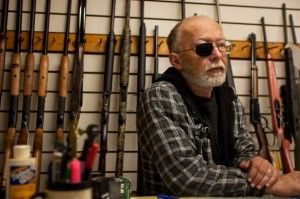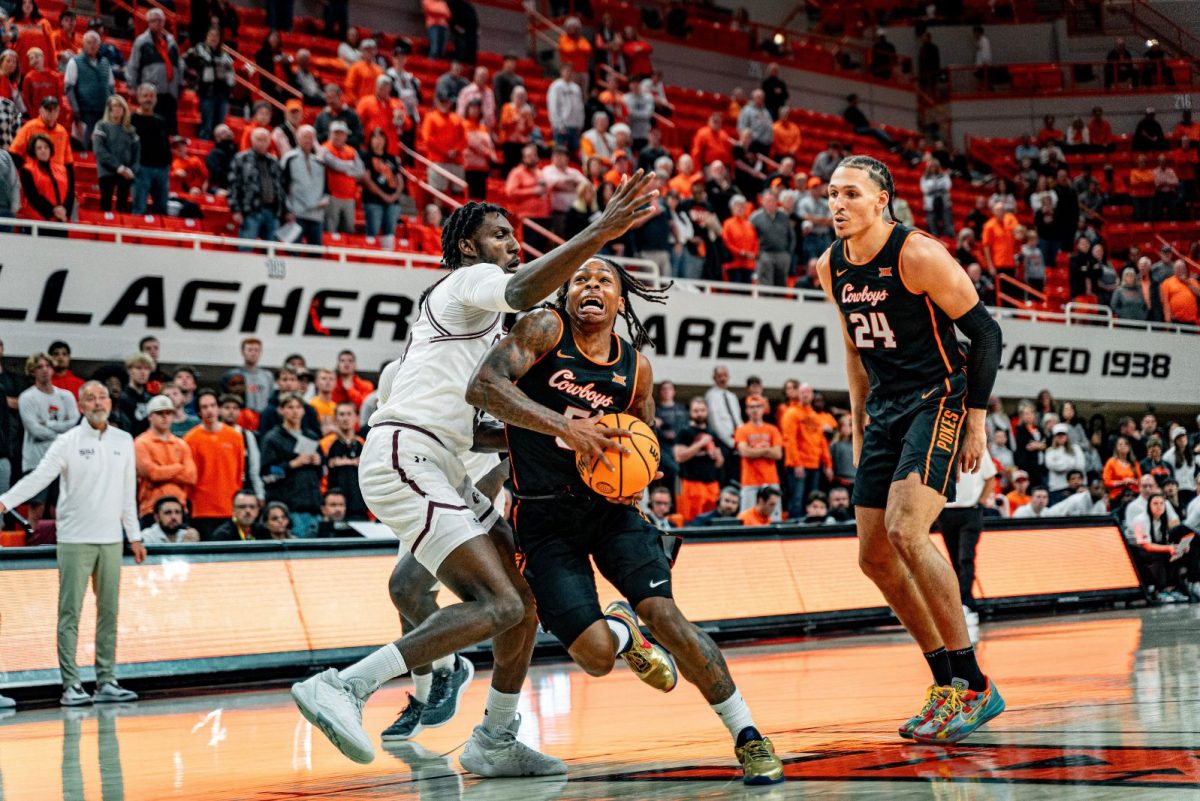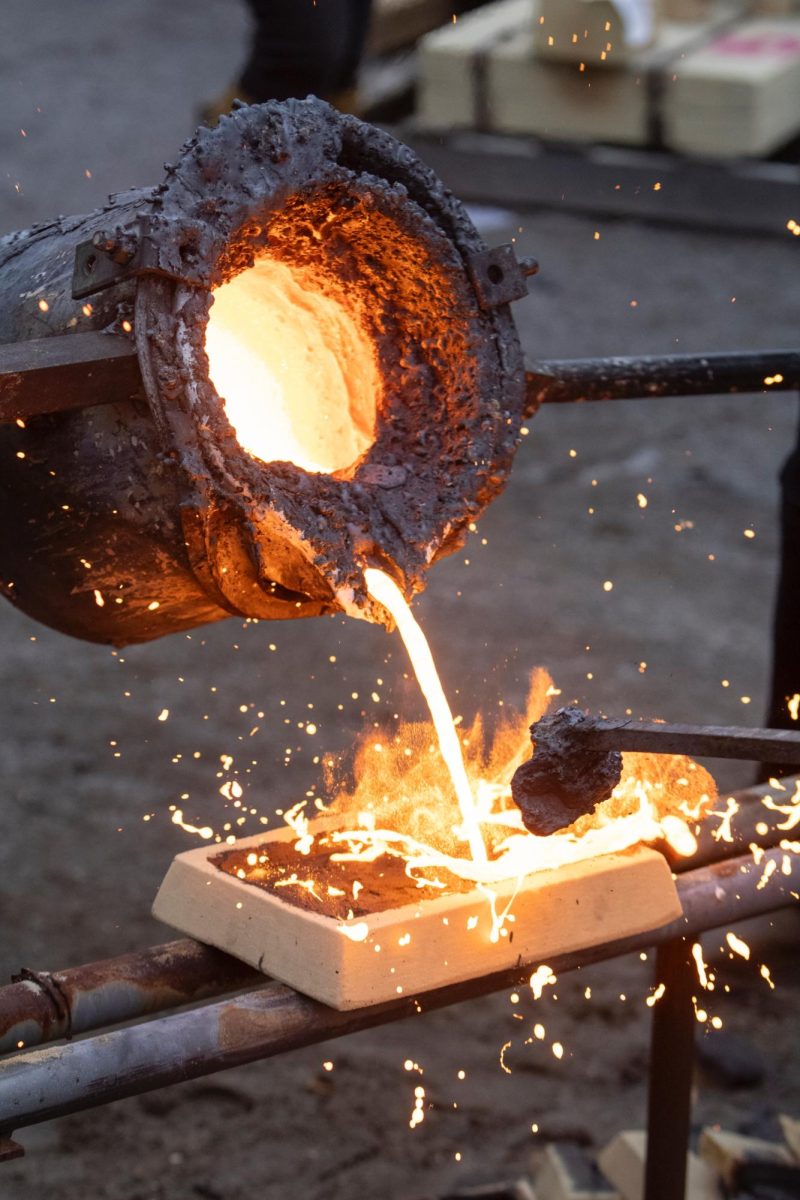Illinois’ concealed carry ban advances, continues to raise questions, debate

March 18, 2012
Legislation regarding gun ownership has become frequent in Illinois after Wisconsin became the 49th state to pass legislation allowing residents to obtain licenses to carry concealed weapons last November, making Illinois the last remaining state with a ban.
“Forty-nine other states can’t be wrong,” is the slogan for the Illinois State Rifle Association’s Illinois Gun Owners Lobby Day movement. Gun owners marched March 7 in Springfield to show their
Advertisement
support to further their Second Amendment rights and “to remind legislators that they demand respect for their rights and that they aren’t going to go away,” according to the Illinois State Rifle Association’s website.
The same day, House Bill 5745, which would allow residents to carry concealed weapons in Illinois, was approved by the House Agriculture & Conservation Committee. After being approved by the committee, the bill has been scheduled for a second reading in the
Illinois House, where amendments will be voted on.
With legislative actions progressing, Todd Sigler, director of Department of Public Safety, said he is concerned about the impact a change to the concealed carry law would have at SIUC and other Illinois college campuses.
“The passing of a concealed carry bill would create an environment that is separate from what an educational environment is supposed to be,” Sigler said. “People would no longer be able to pursue their education without the concern that the person next to them may be carrying a weapon.”
He said if legislation such as this is going to be passed, it will need to be very clearly stated and include specific restrictions, limitations and requirements, especially in regards to locations such as schools and hospitals.
Illinois Gun Statutes’ Article 24 section one states a person who commits the offense of unlawful use of weapons when he or she knowingly carries a weapon somewhere other than his or her own land, home or business. A weapon is defined as any pistol, revolver, stun gun,
Advertisement*
taser or other firearm.
Sigler said the law is clear and there is no ambiguity as to whether weapons are allowed in certain situations, which he said is a benefit.
Until a final bill is passed, it is difficult to foresee any policies that may need to be implemented for a college campus, he said.
He said half the battle would deal with setting restrictions, requiring adequate training and getting people to exercise safe handling.
Environments that exist near a college campus, such as bars and parties, could create dangerous situations if a firearm is present.
Sigler said it is important weapons are not brought into environments where alcohol is involved because of impaired judgment associated with drinking.
Morgan Schulte, a sophomore from Breese studying forestry, said the more accessible firearms are, the more likely people will use them.
“As a student, I would feel very uncomfortable knowing other students could be carrying concealed weapons, especially on weekends when alcohol is involved,” she said.
Sigler said to avoid reckless gun use, people need to take gun safety classes seriously.
“As long as someone chooses to be involved in the concealed carry situation, they need to continue to train, practice and stay very competent in the weapon,” Sigler said.
Schulte, who has been a certified National Rifle Association Range Safety Officer since May, said she would feel more secure if concealed carry was legal in Illinois.
She said because Illinois is the last state where concealed carry is illegal, it can learn from the other 49 by looking at hate crime and violence
statistics, as well as how they have addressed problems with the law.
Creating a law with clear rules for urban areas such as Chicago as well as rural hunting areas such as southern Illinois may be difficult, Sigler said.
He said there are heightened concerns with passing the legislation in Illinois because of Chicago.
The introduction of more weapons into a densely populated area is something to approach with caution, he said.
“People in Chicago who carry weapons are breaking the law anyway, usually with criminal intentions,” said Mike Pursell, owner of Pursell’s gun and buy-sell-trade shop in Murphysboro. “Other citizens in Chicago can’t protect themselves because of the ban on concealed carry.”
Pursell said he believes the crime rate will drop, just as it has in every other state that has passed a law allowing concealed carry.
Statistics from the FBI’s Uniformed Crime Report of 2007 show that states with right-to-carry laws have a 46 percent lower robbery, 30 percent lower homicide rate and 12 percent lower aggravated assault rate, and a 22 percent lower overall violent crime rate than states without such laws.
Sigler said he thinks the body of knowledge that exists among the states with this kind of legislation haven’t been around long enough to
determine whether current concerns are legitimate.
Pursell said if legislation isn’t passed soon, there will be many upset law-abiding citizens.
“The pros and cons of the concealed carry issue are
debated extensively on both sides of the fence,” Sigler said. “It just depends which side of the fence you fall down on.”
Advertisement







